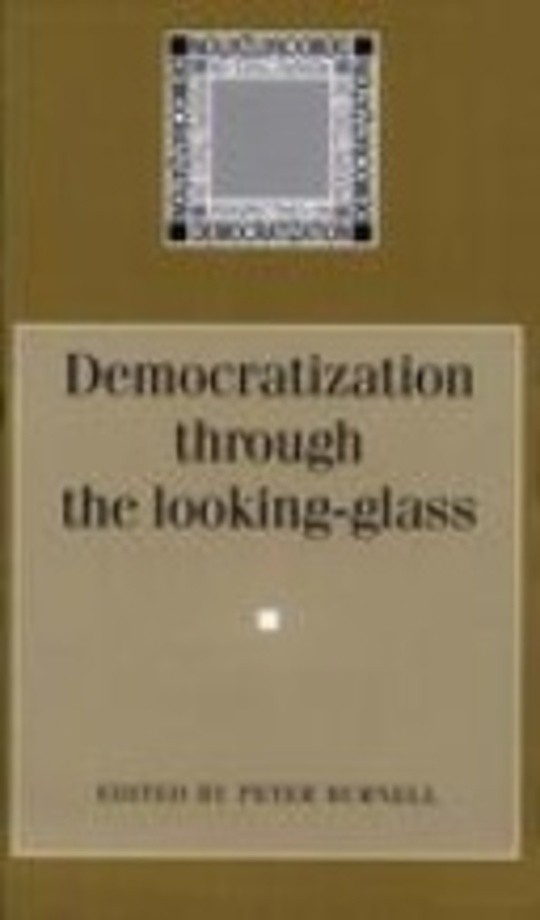
Digital Objects, Digital Subjects
Free
Description
Contents
Reviews
Language
English
ISBN
978-1-912656-08-0
1. Introduction: Big Data Capitalism – Politics, Activism, and Theory
Section I: Digital Capitalism and Big Data Capitalism
2. Digital Governance in the Anthropocene: The Rise of the Correlational Machine
3. Beyond Big Data Capitalism, Towards Dialectical Digital Modernity: Reflections on David Chandler’s Chapter
4. Karl Marx in the Age of Big Data Capitalism
5. What is at Stake in the Critique of Big Data? Reflections on Christian Fuchs’s Chapter
6. Seeing Like a Cyborg? The Innocence of Posthuman Knowledge
7. Posthumanism as a Spectrum: Reflections on Paul Rekret’s Chapter
Section II: Digital Labour
8. Through the Reproductive Lens: Labour and Struggle at the Intersection of Culture and Economy
9. Contradictions in the Twitter Social Factory: Reflections on Kylie Jarrett’s Chapter
10. E(a)ffective Precarity, Control and Resistance in the Digitalised Workplace
11. Beyond Repression: Reflections on Phoebe Moore’s Chapter
12. Goodbye iSlave: Making Alternative Subjects Through Digital Objects
13. Wage-Workers, Not Slaves: Reflections on Jack Qiu’s Chapter
Section III: Digital Politics
14. Critique or Collectivity? Communicative Capitalism and the Subject of Politics
15. Subjects, Contexts and Modes of Critique: Reflections on Jodi Dean’s Chapter
16. The Platform Party: The Transformation of Political Organisation in the Era of Big Data
17. The Movement Party – Winning Elections and Transforming Democracy in a Digital Era: Reflections on Paolo Gerbaudo’s Chapter
18. The Appropriation of Fixed Capital: A Metaphor?
19. Appropriation of Digital Machines and Appropriation of Fixed Capital as the Real Appropriation of Social Being: Reflections on Toni Negri’s Chapter
The Editors and the Contributors
Index
The book hasn't received reviews yet.











